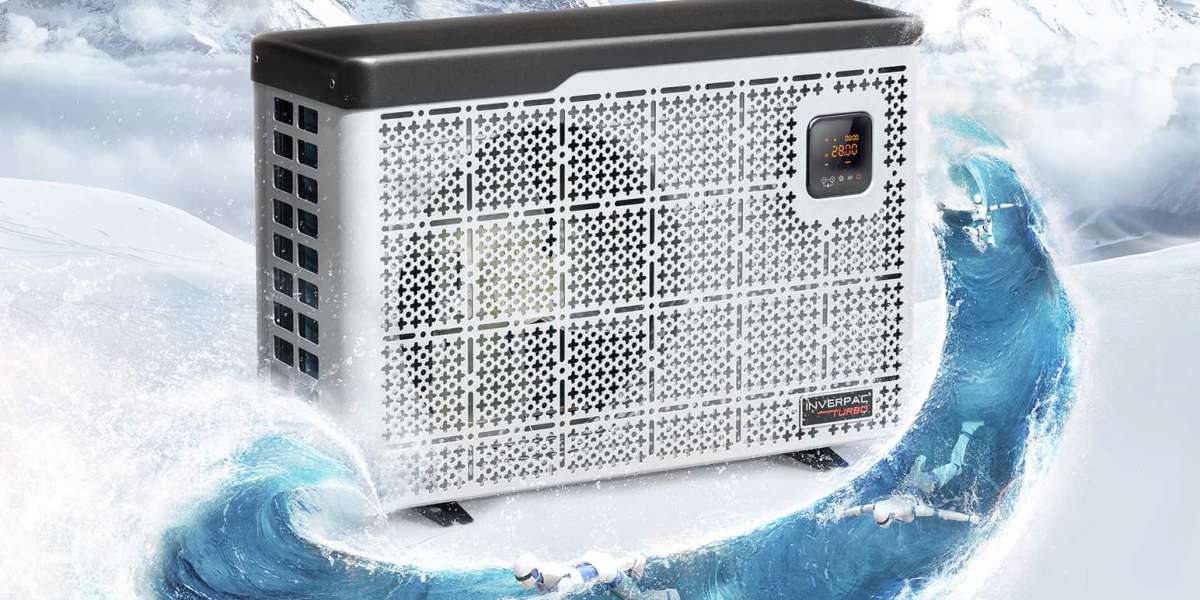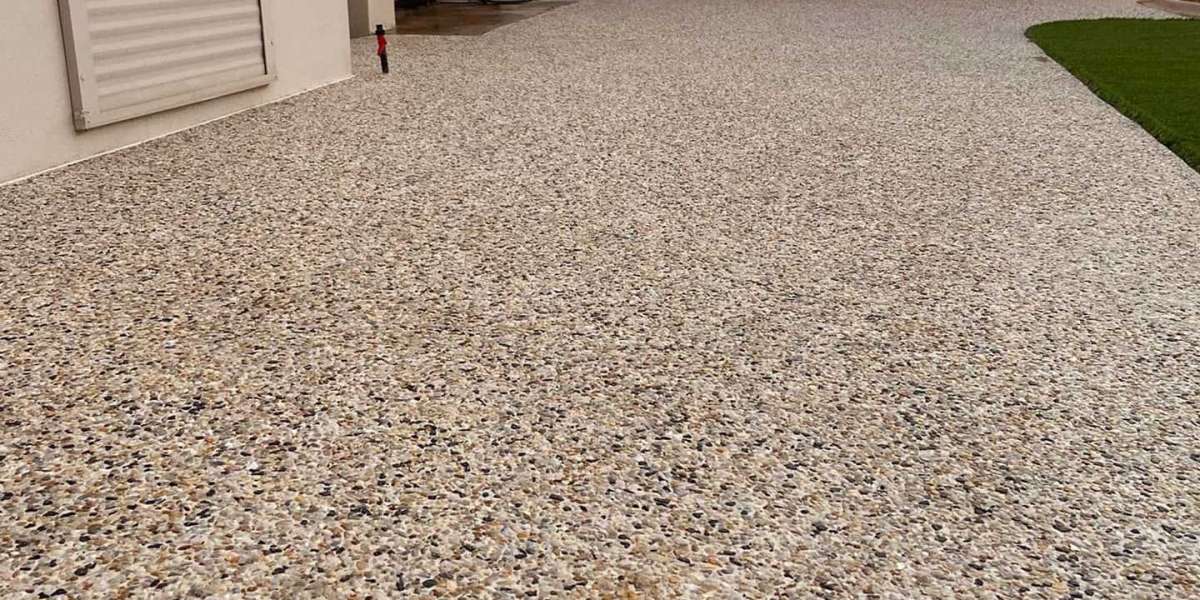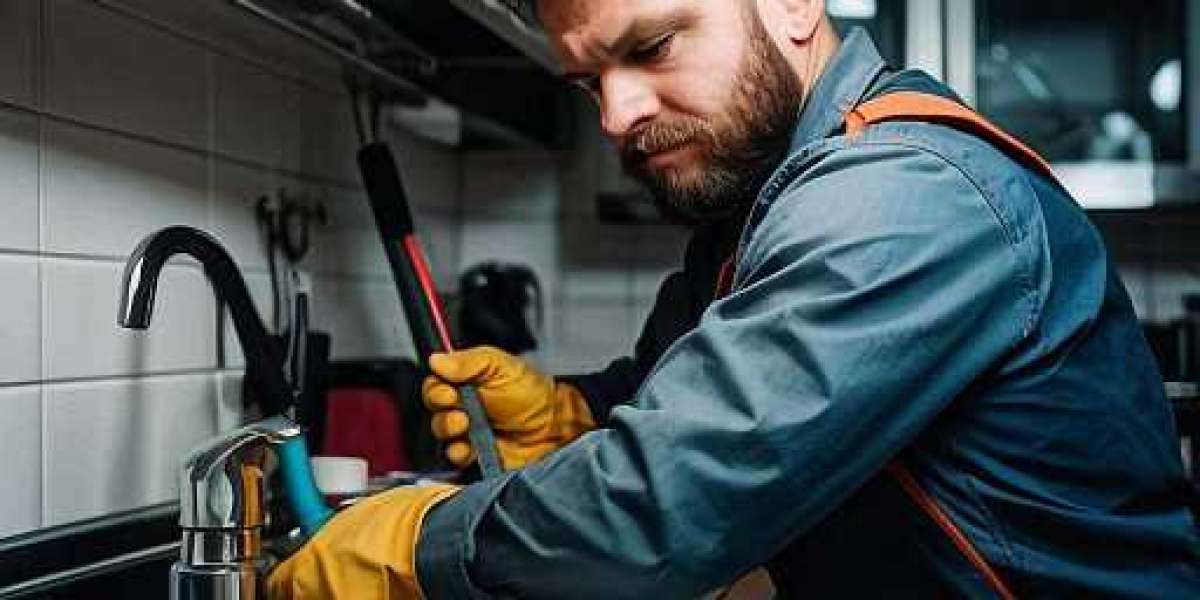Introduction:
Throughout history, pools and bathing have been associated with relaxation, health, and recreation. The quest for optimal pool temperatures has driven the evolution of pool heating methods. From ancient times to the present day, various techniques have been employed to warm pools, each reflecting the technological advancements and societal needs of its time. In this article, we will explore the journey of pool heating methods, tracing their origins from ancient baths to the introduction of pool heat pumps. We will focus on the principles behind pool heat pump technology, discuss their benefits, and highlight their crucial role in enhancing swimming pool experiences.
Ancient Pool Heating Methods:
Ancient civilizations recognized the therapeutic benefits of warm water and developed ingenious pool heating techniques. In ancient Rome, for instance, large public baths called "thermae" utilized underground heating systems known as hypocausts. These hypocausts circulated hot air through hollow floors and walls, effectively heating the pools. In other parts of the world, such as ancient China and Japan, natural hot springs were harnessed for pool heating, creating luxurious bathing experiences.
Wood-Fired and Solar Pool Heating:
In medieval and Renaissance periods, pools in European castles and estates were heated using wood-fired stoves. Water was heated in large cauldrons or basins, and then transferred to the pool, allowing for a controlled and more enjoyable swimming experience. Additionally, in sun-drenched regions, solar pool heating methods were utilized. Pools were strategically positioned to maximize exposure to sunlight, and materials like black stone or dark tiles were used to absorb and retain heat.
Industrial Revolution and Technological Advancements:
With the advent of the Industrial Revolution, new heating methods emerged. Coal and wood-fueled boilers were employed to warm pools in larger establishments, including public baths and grand hotels. These systems involved pumping heated water from the boilers into the pools, ensuring consistent temperatures.
The 20th century witnessed significant advancements in pool heating technology. Gas-fired heaters became popular due to their efficiency and convenience. These heaters used natural gas or propane to generate heat, which was then transferred to the pool water through heat exchangers. Gas heaters provided rapid heating and precise temperature control, making them a favored choice for both residential and commercial pools.
The Introduction of Pool Heat Pumps:
Pool heat pumps represent a significant milestone in the evolution of pool heating methods. Heat pump technology, which had already been established in other heating applications, was adapted for pool heating purposes.
Heat pumps operate on the principle of extracting heat from the surrounding air and transferring it to the pool water. They utilize a refrigeration cycle that involves compressing and expanding a refrigerant to extract and release heat energy. The extracted heat is then transferred to the pool water, efficiently raising its temperature.
Benefits of Pool Heat Pumps:
Pool heat pumps offer several advantages over traditional pool heating methods. Firstly, they are highly energy-efficient. By utilizing heat from the surrounding air, heat pumps require minimal electricity to transfer heat, making them a cost-effective option for pool owners. For every unit of electricity consumed, a heat pump can generate several units of heat, resulting in significant energy savings.
Secondly, heat pumps provide consistent and precise temperature control. They maintain desired pool temperatures regardless of external conditions, ensuring optimal comfort for swimmers. Heat pumps also operate quietly, creating a tranquil pool environment.
Another key benefit is their eco-friendly nature. Unlike gas heaters that burn fossil fuels, heat pumps utilize renewable energy from the air, making them a sustainable pool heating solution. They produce no direct emissions, reducing the carbon footprint associated with pool heating.
Advancements in Pool Heat Pump Technology:
Over the years, pool heat pump technology has seen significant advancements, further enhancing their efficiency, performance, and user-friendliness. These advancements have solidified the position of pool heat pumps as one of the most effective and sought-after methods of pool heating. Let's explore some notable advancements in pool heat pump technology:
- Variable Speed Compressors: One major advancement in pool heat pumps is the integration of variable speed compressors. Traditional heat pumps operated at a fixed speed, resulting in occasional temperature fluctuations and inefficient operation. Variable speed compressors allow heat pumps to adjust their speed according to the heating demand, optimizing energy consumption and maintaining a consistent pool temperature. This technology ensures greater comfort and reduces energy wastage.
- Intelligent control and automation: The integration of intelligent control and automation functions has revolutionised the way pool heat pumps are operated and monitored. Advanced control systems enable users to program and customise heating schedules, set temperature limits and monitor energy consumption remotely. Some smart heat pumps can even be connected to home automation systems and weather forecasts to automatically adjust heating settings, maximising energy efficiency and user convenience. the Alsavo "https://store.alsavo.com/">Pool Heat Pump 's intelligent control panel makes it easy for users to set the desired temperature, time and check data; and with the Alsavo pool heat pump's built-in WiFi, users can access the heat pump anytime, anywhere via the INVERPAC The Alsavo pool heat pump has built-in WiFi so that the user can control the pool heat pump from anywhere, anytime via the INVERPAC app.
- Enhanced Coils and Heat Exchangers: Heat exchangers and coils play a vital role in the heat transfer process of pool heat pumps. Advancements in coil and heat exchanger designs, such as improved fin patterns and materials, have significantly enhanced heat transfer efficiency. These enhancements allow heat pumps to extract more heat from the ambient air, resulting in faster heating times and increased overall performance.
- Noise Reduction Technology: Pool heat pumps have traditionally been associated with noise due to the operation of the compressor and fan. However, recent advancements in noise reduction technology have made significant strides in minimizing operational noise levels. Quieter compressors, improved fan blade designs, and sound-dampening insulation materials help reduce noise output, allowing users to enjoy a more peaceful pool environment.
- Energy efficiency improvements: Energy efficiency has always been a key focus of pool heat pump technology. Recent advances have further improved the energy efficiency of heat pumps, making them more environmentally friendly and economical. Enhanced insulation, advanced refrigerant technology and optimised heat exchanger design have contributed to higher coefficient of performance (COP) values, indicating higher energy efficiency and lower running costs. For example, the pool heat pumps manufactured by the Alsavo "https://alsavo.com/product-category/pool-heat-pump-manufacturer/">pool heat pump manufacturer powered by the innovative INVERPAC Turbo, which provides an additional 20% heating capacity in winter, it allows the heat pump to be switched on at temperatures below 20°C and the automatic defrost function allows continuous heat exchange in extreme conditions.
- Durability and Longevity: Pool heat pumps are subjected to harsh outdoor environments and continuous operation throughout the pool season. Advancements in materials, corrosion-resistant coatings, and overall construction have significantly improved the durability and longevity of heat pumps. Modern heat pumps are designed to withstand varying weather conditions, ensuring years of reliable performance with minimal maintenance requirements.
Advancements in pool heat pump technology have transformed the way pools are heated, offering remarkable efficiency, convenience, and sustainability. Variable speed compressors, smart controls, enhanced coils and heat exchangers, noise reduction technology, improved energy efficiency, and increased durability are just some of the advancements that have propelled pool heat pumps to the forefront of pool heating solutions. As technology continues to evolve, we can expect further innovations that will optimize energy consumption, improve performance, and enhance user experiences in the world of pool heating.
Tag: "https://alsavo.com/product-category/pool-heat-pump-manufacturer/">pool heat pump manufacturer, "https://alsavo.com/product-category/alsavo-air-source-heat-pump-manufacturer/">air source heat pump manufacturer, "https://alsavo.com/">heat pump companies, "https://alsavo.com/">heat pump specialists, "https://store.alsavo.com/">Pool Heat Pump, air to water heat pump for sale, commercial air to water heat pump, air to water heat pump for swimming pool, pool liner installation, diy home project









